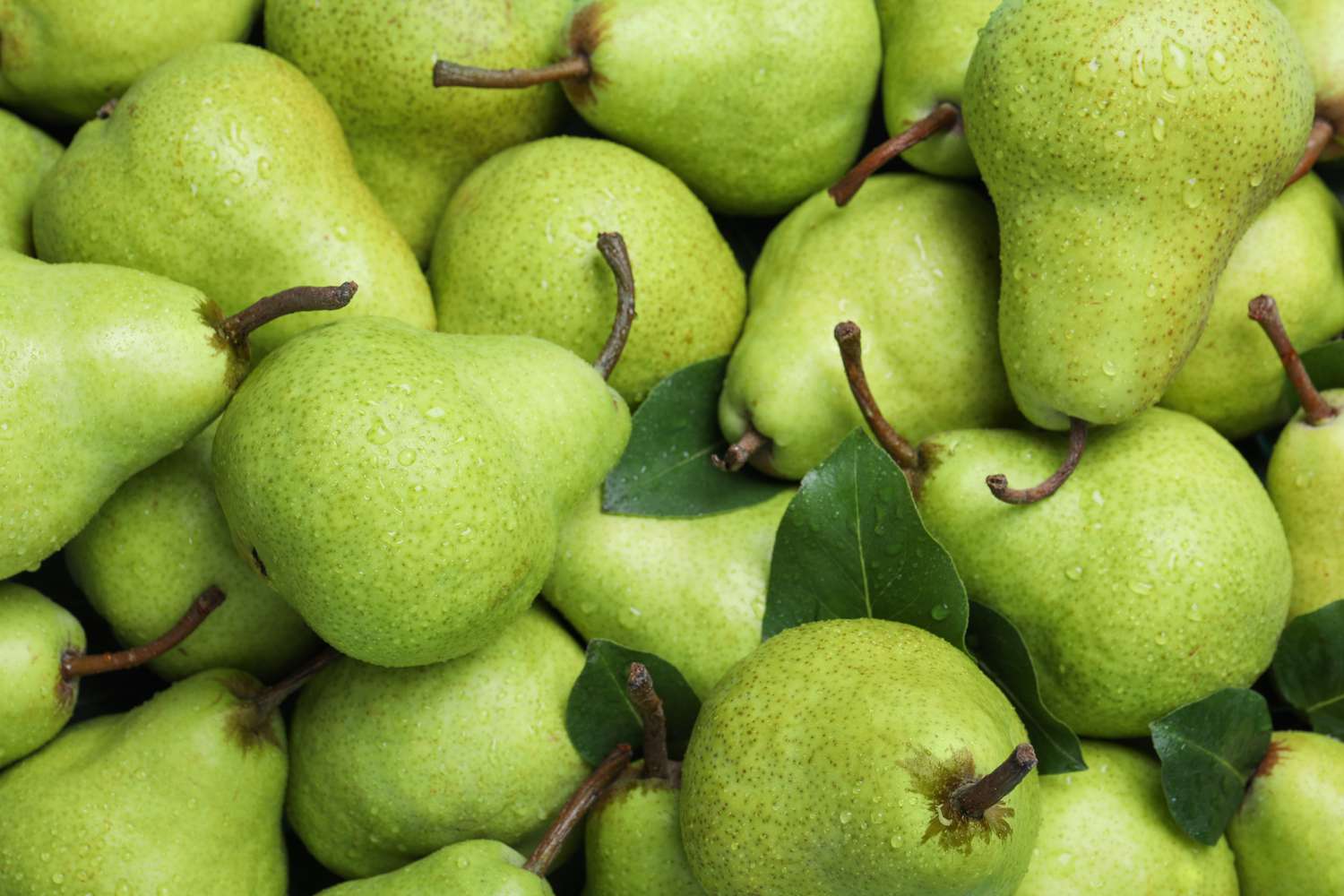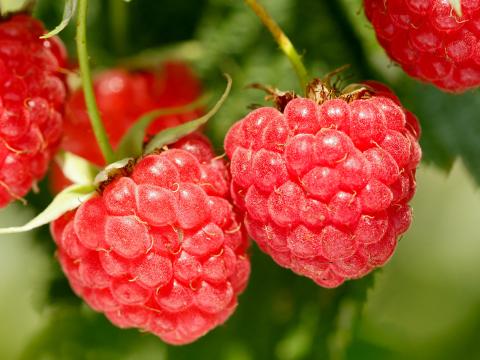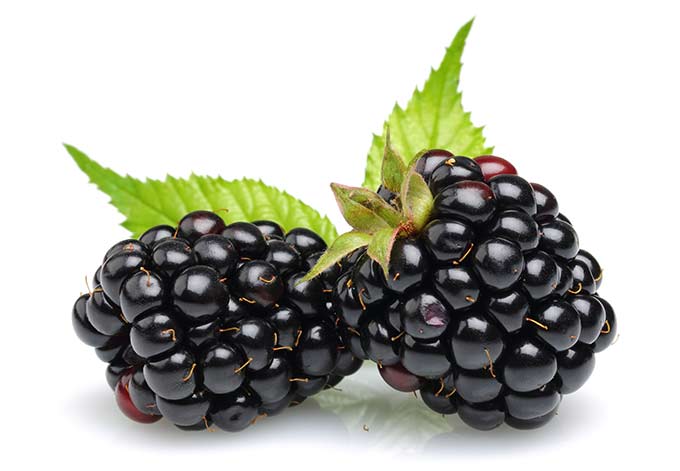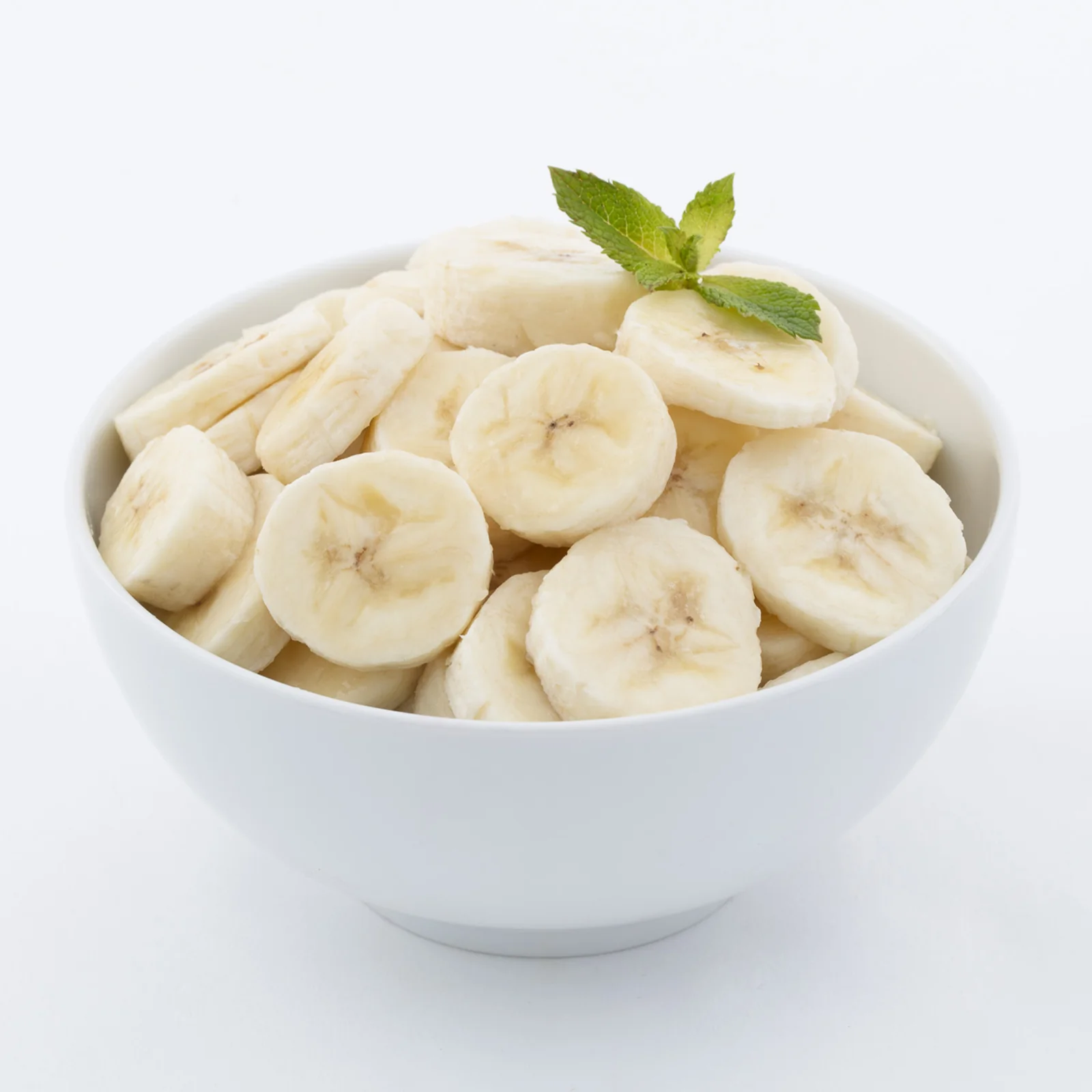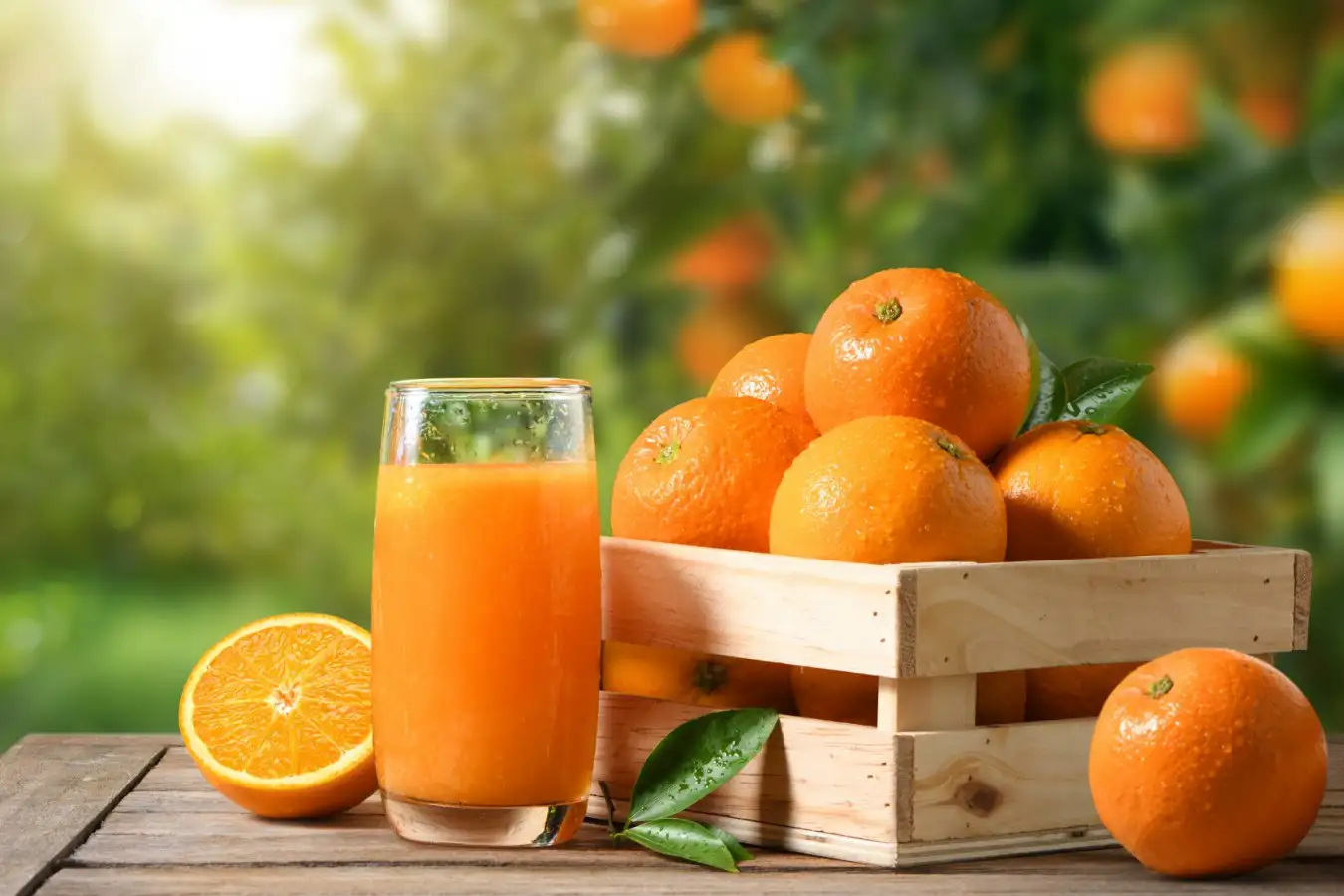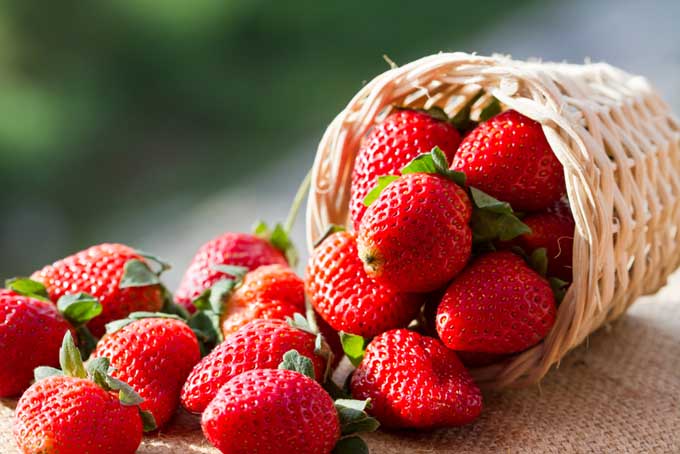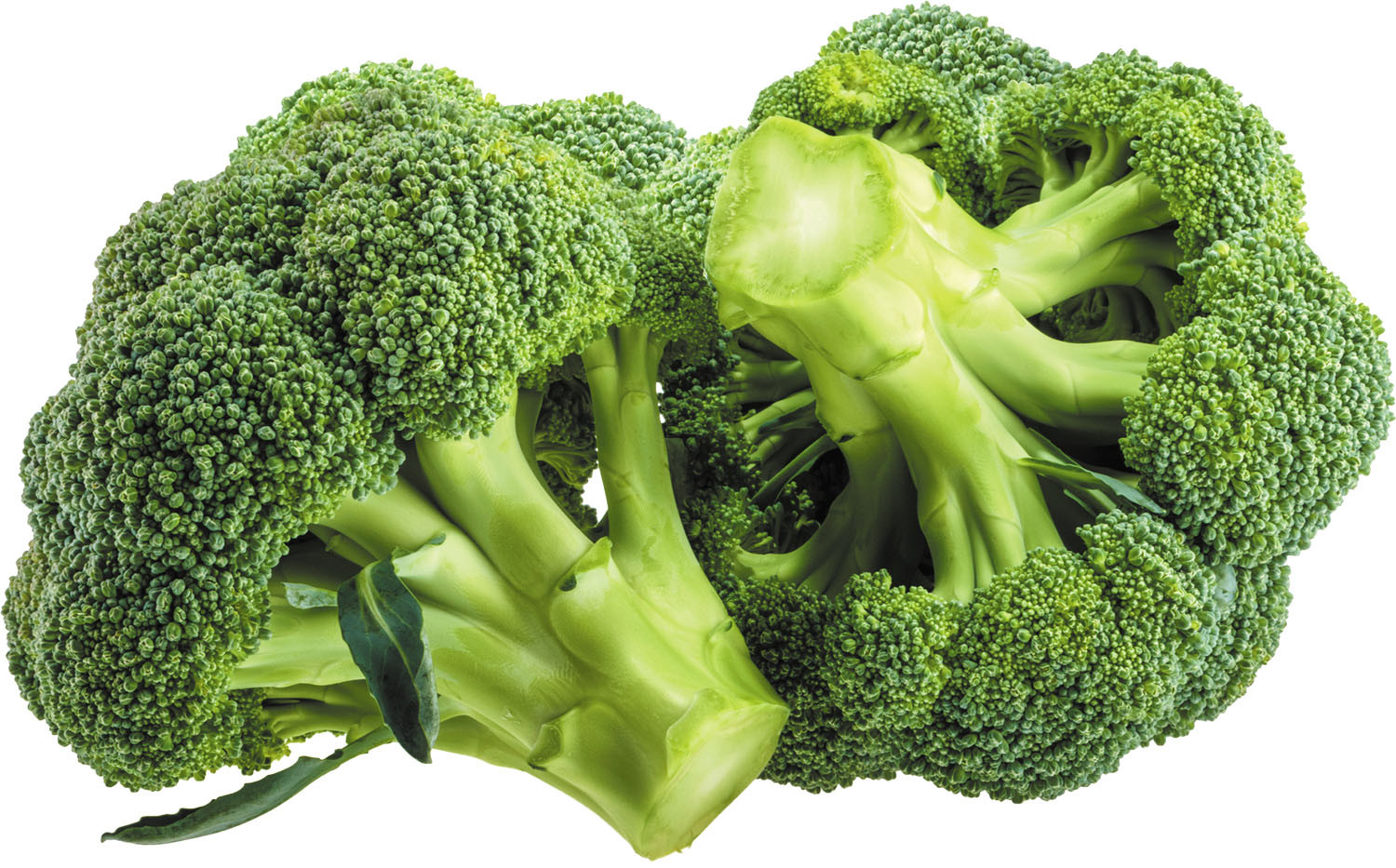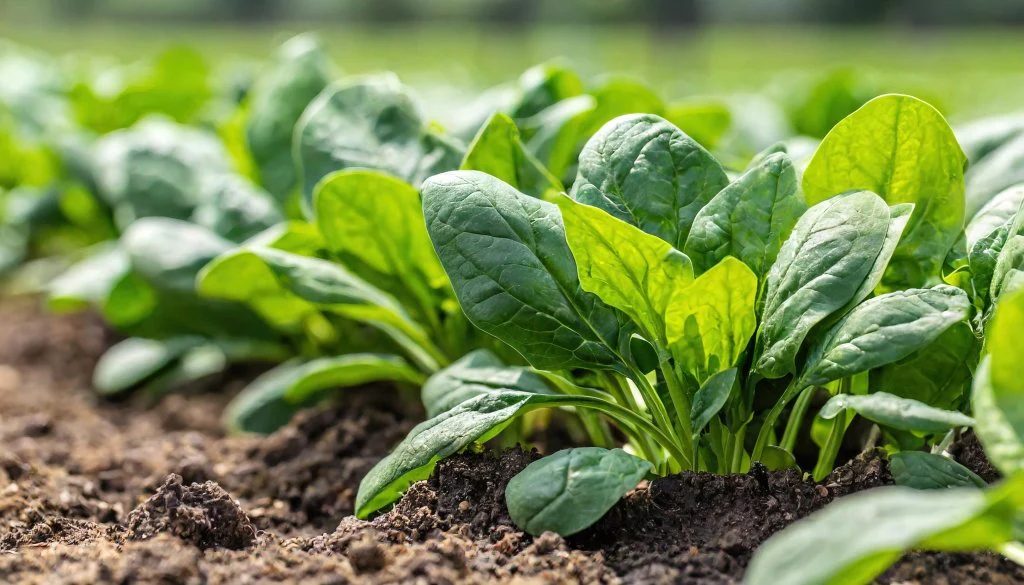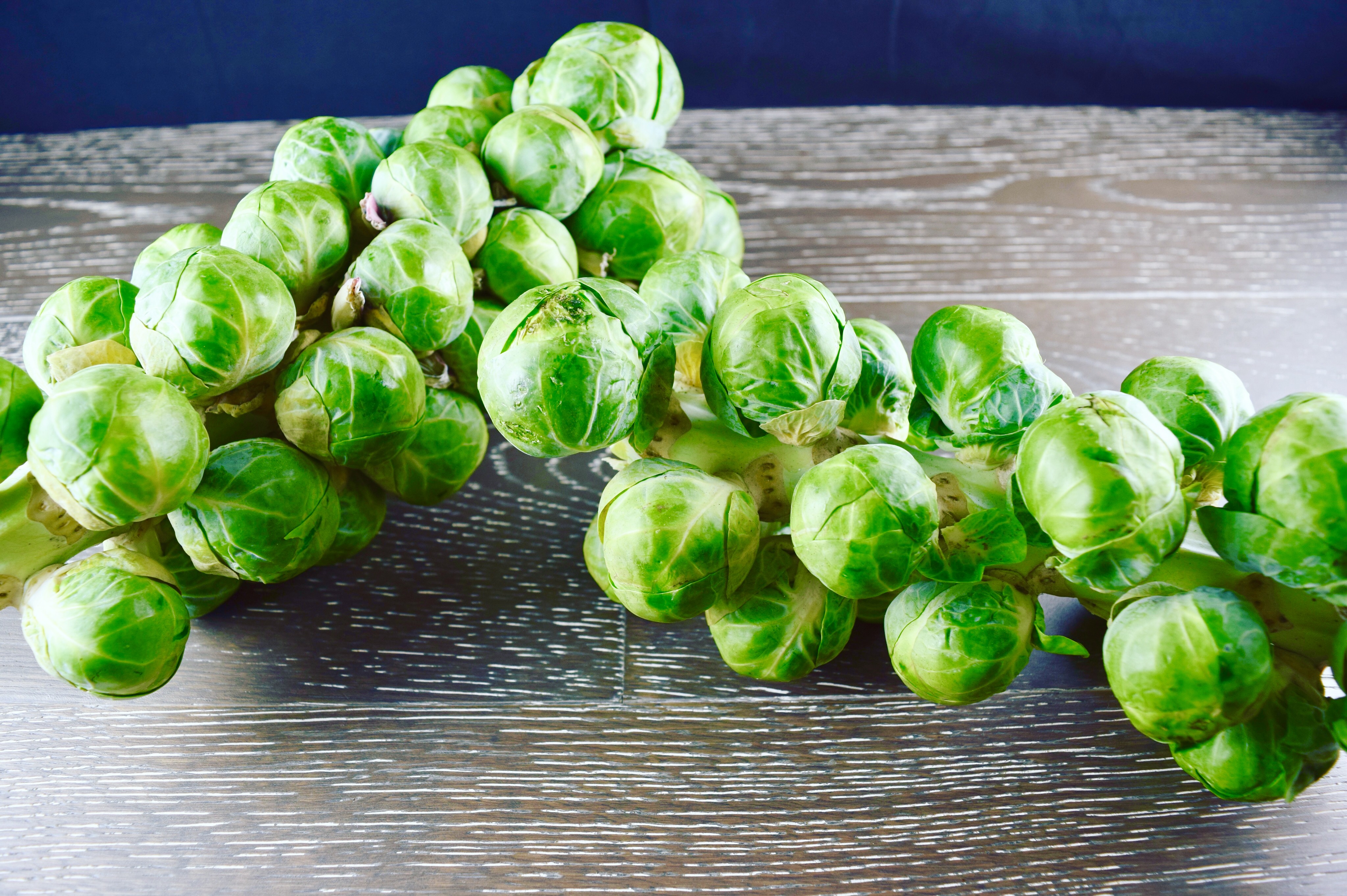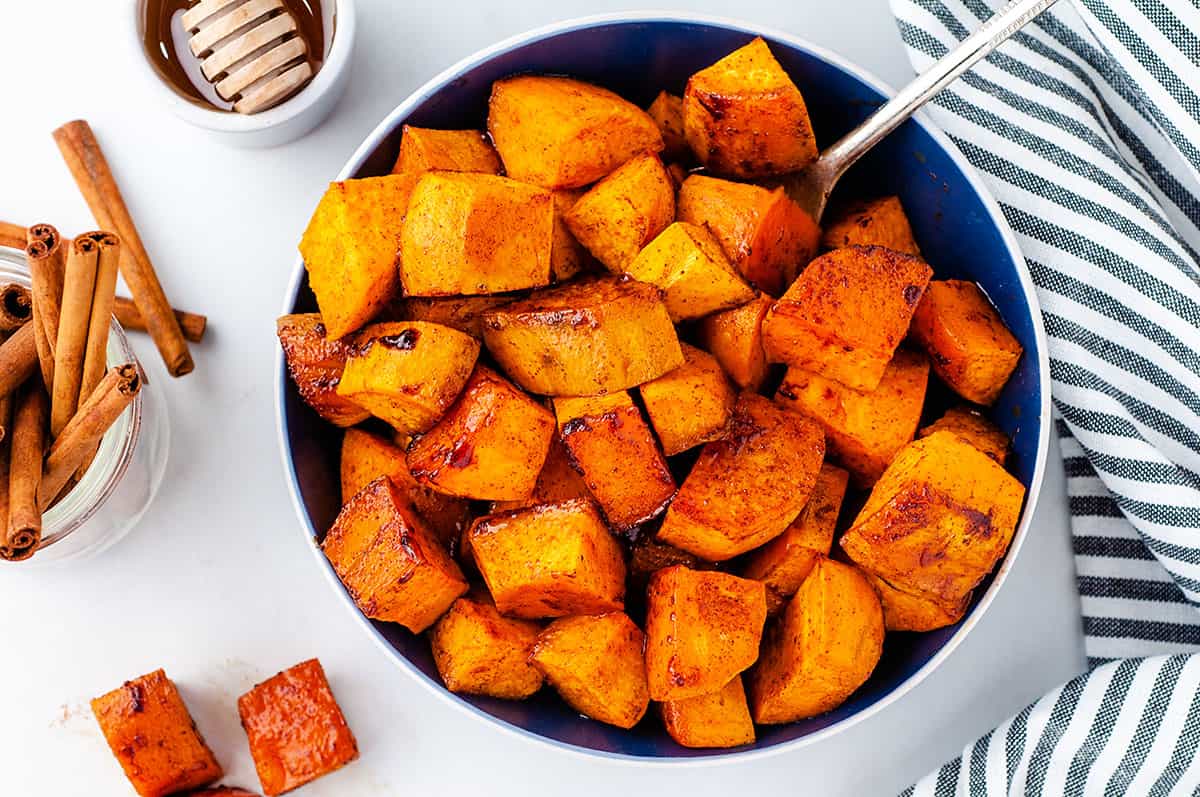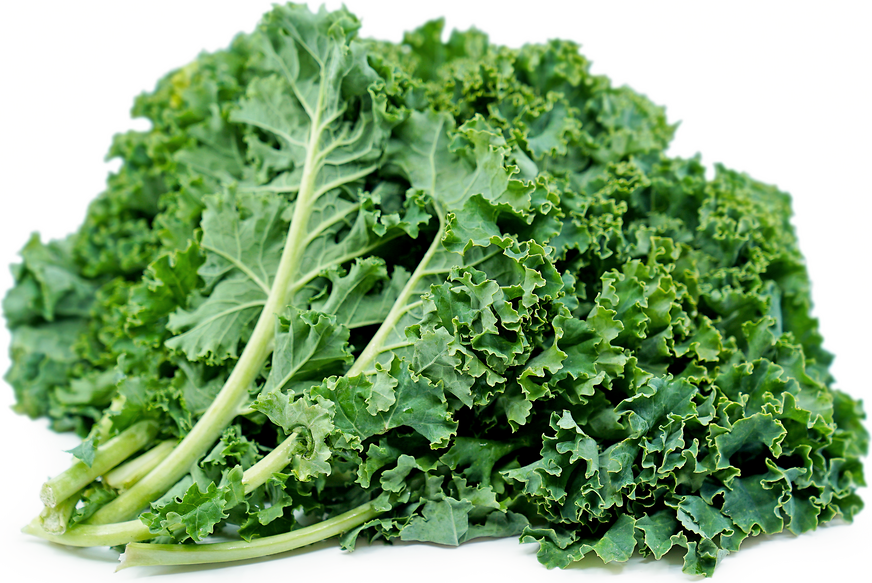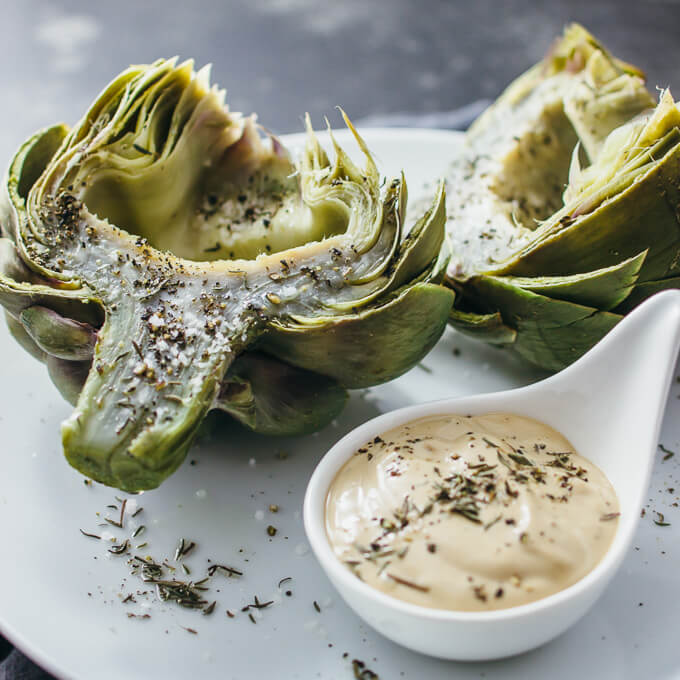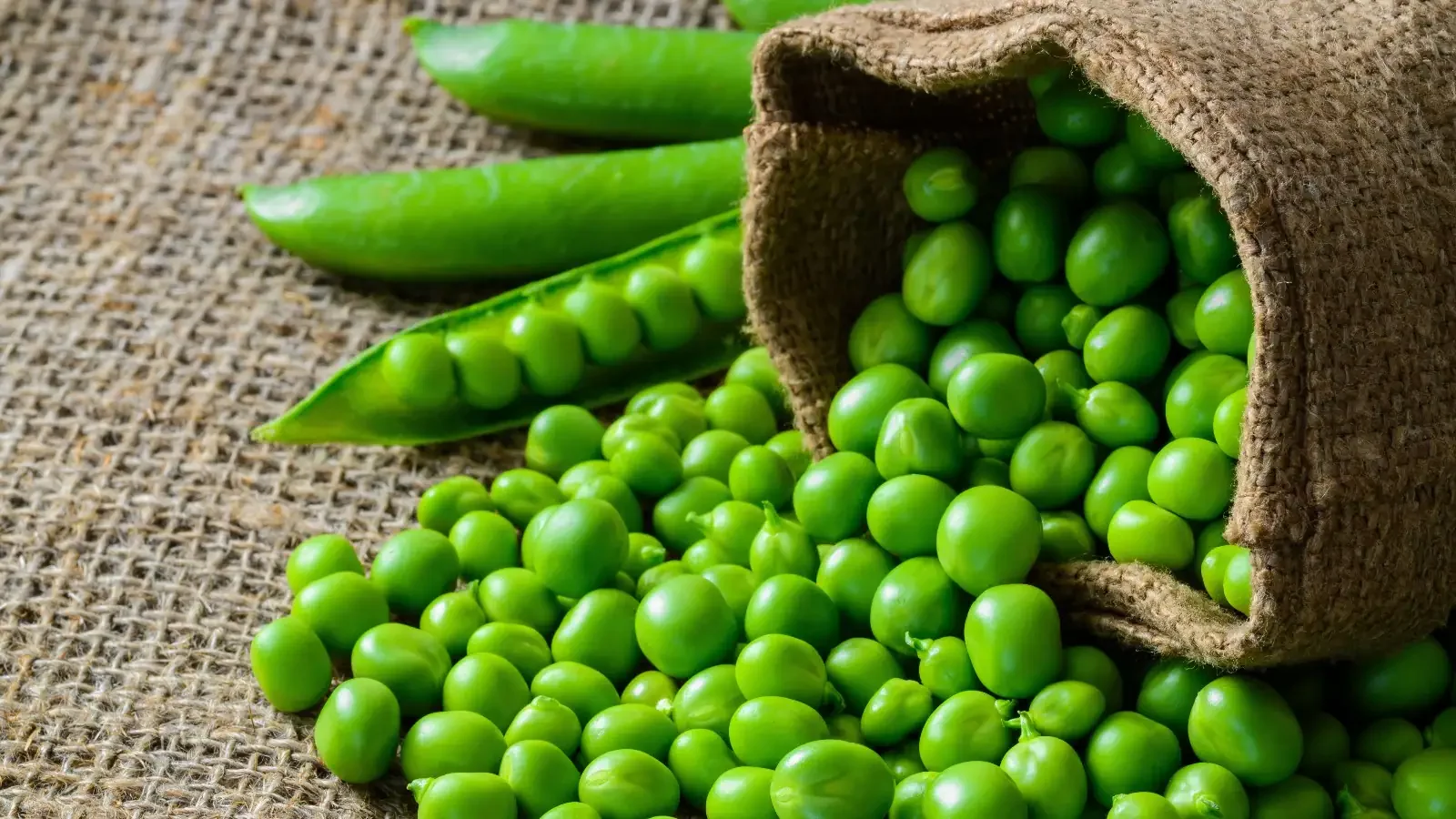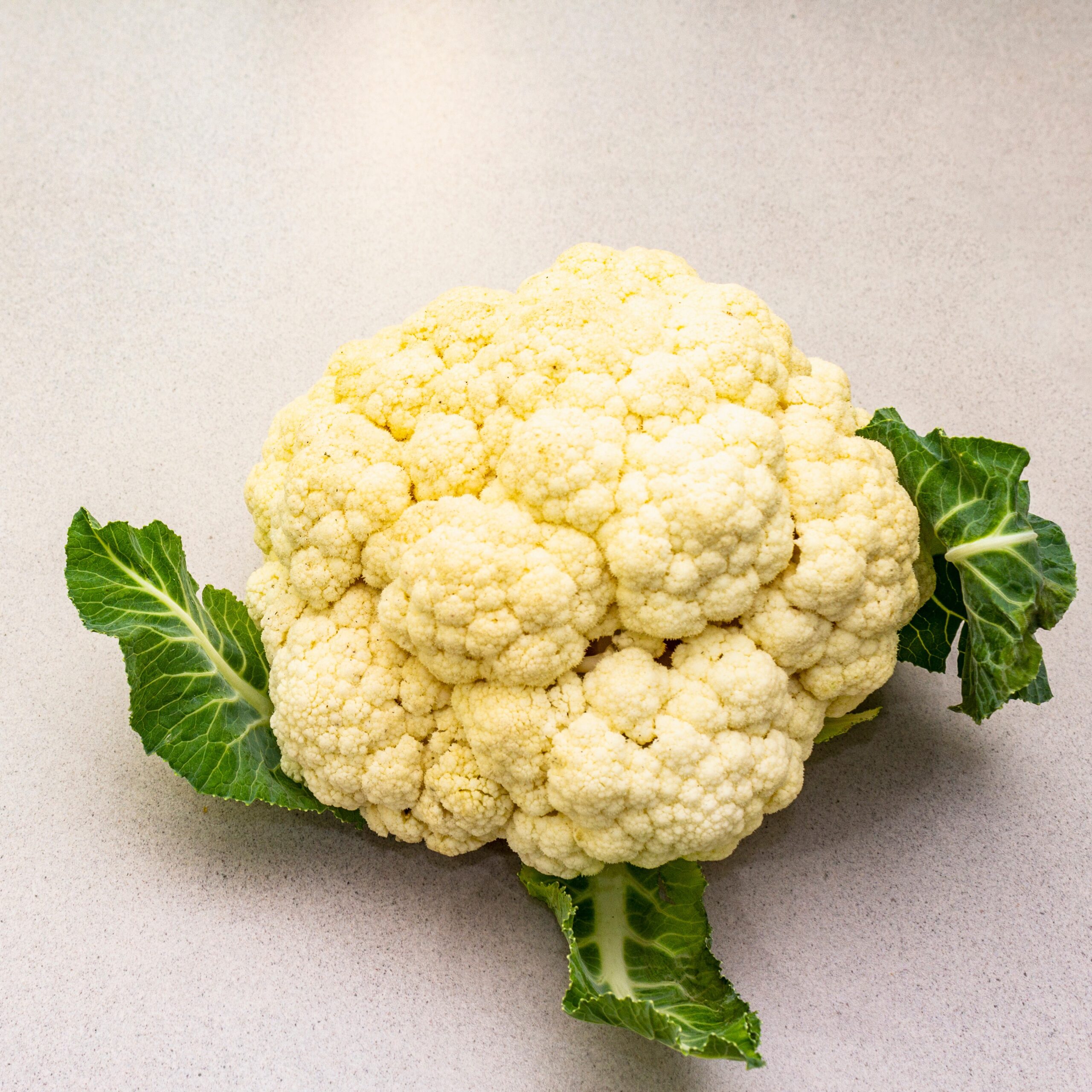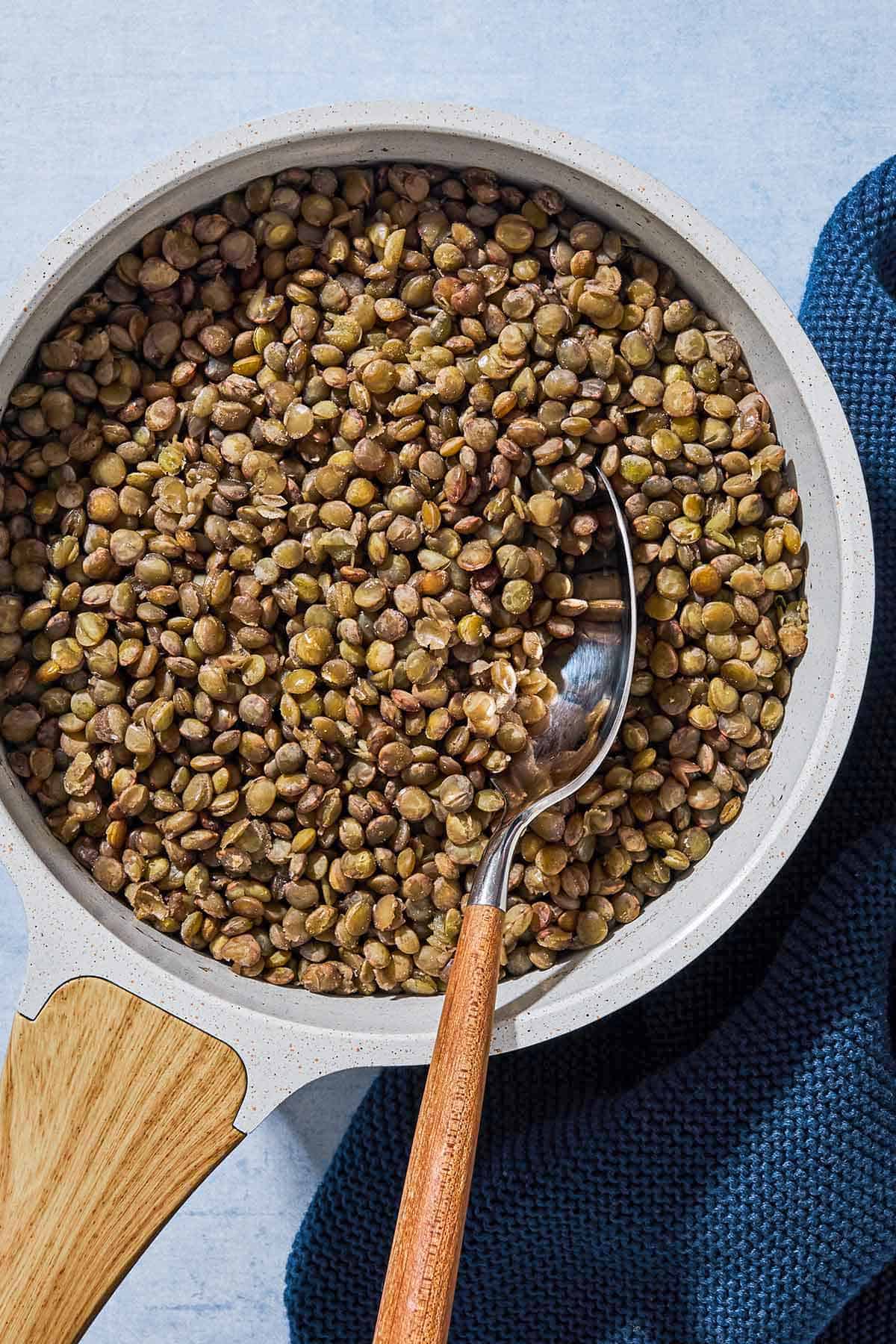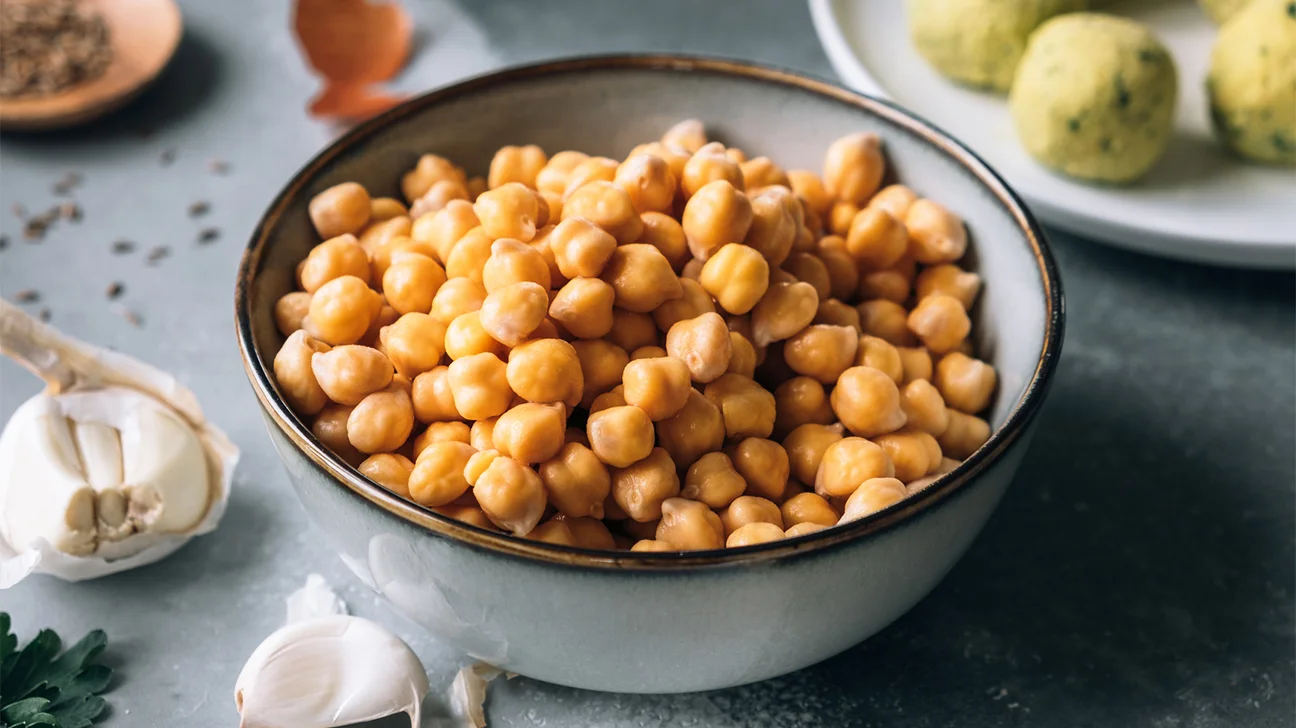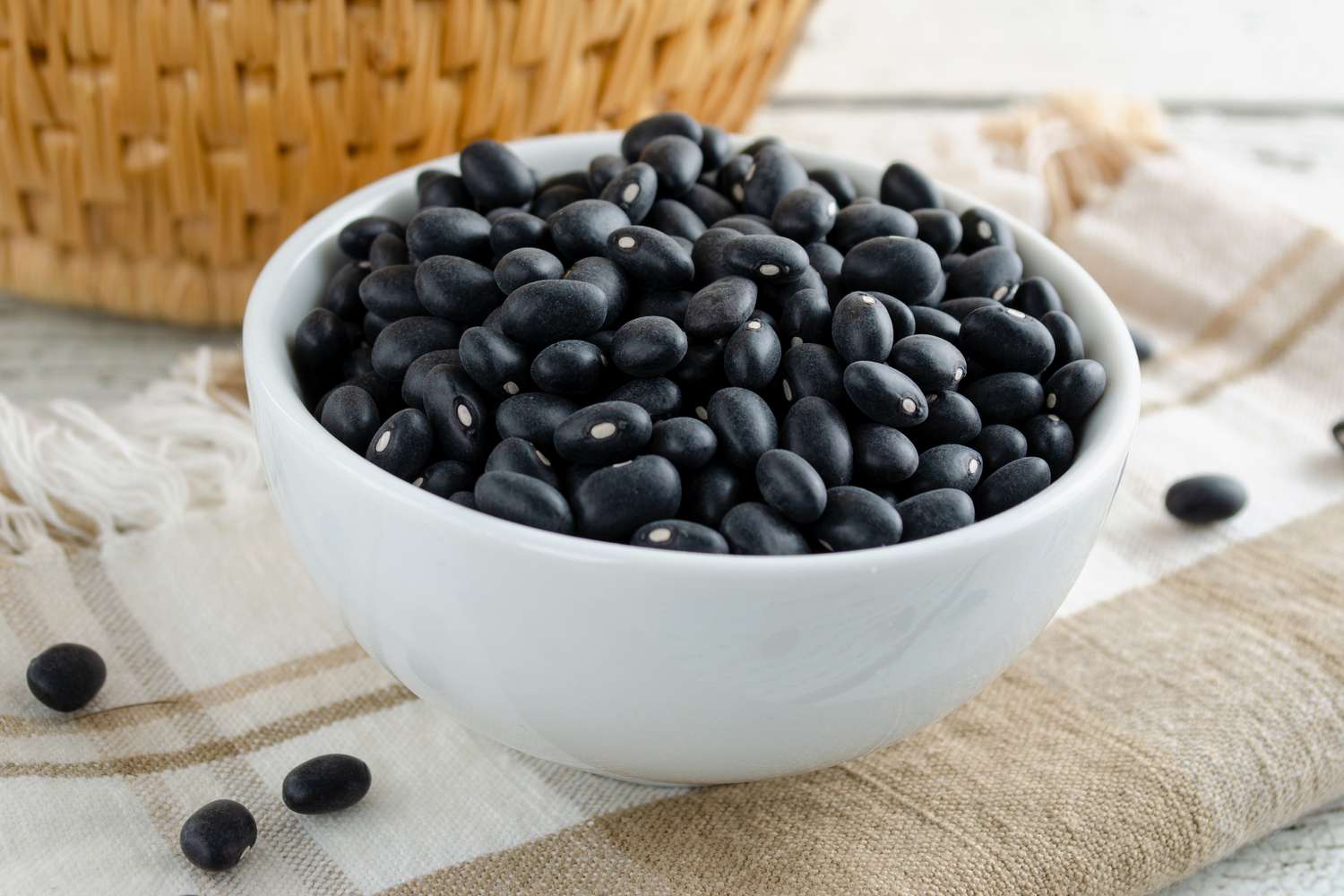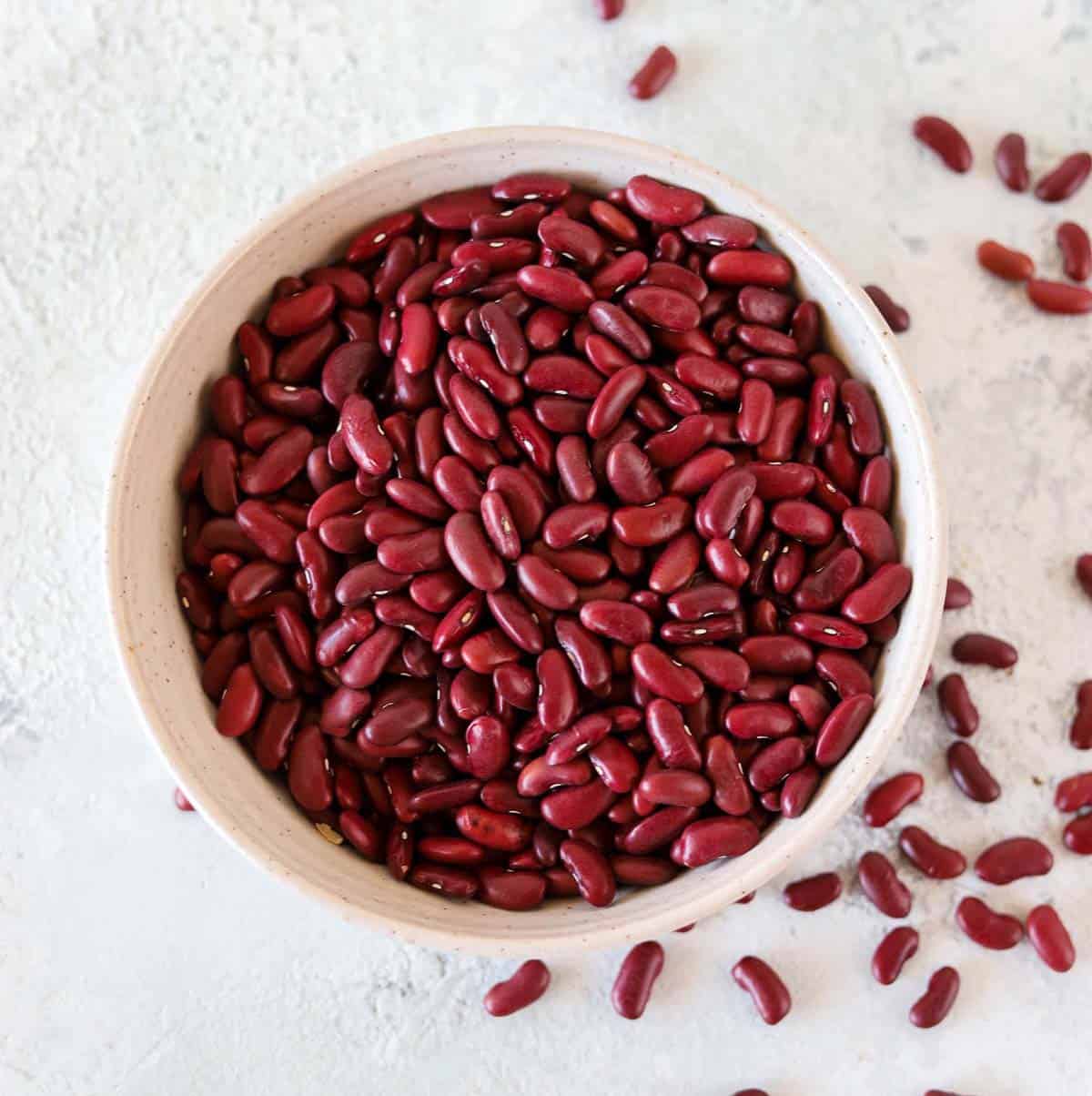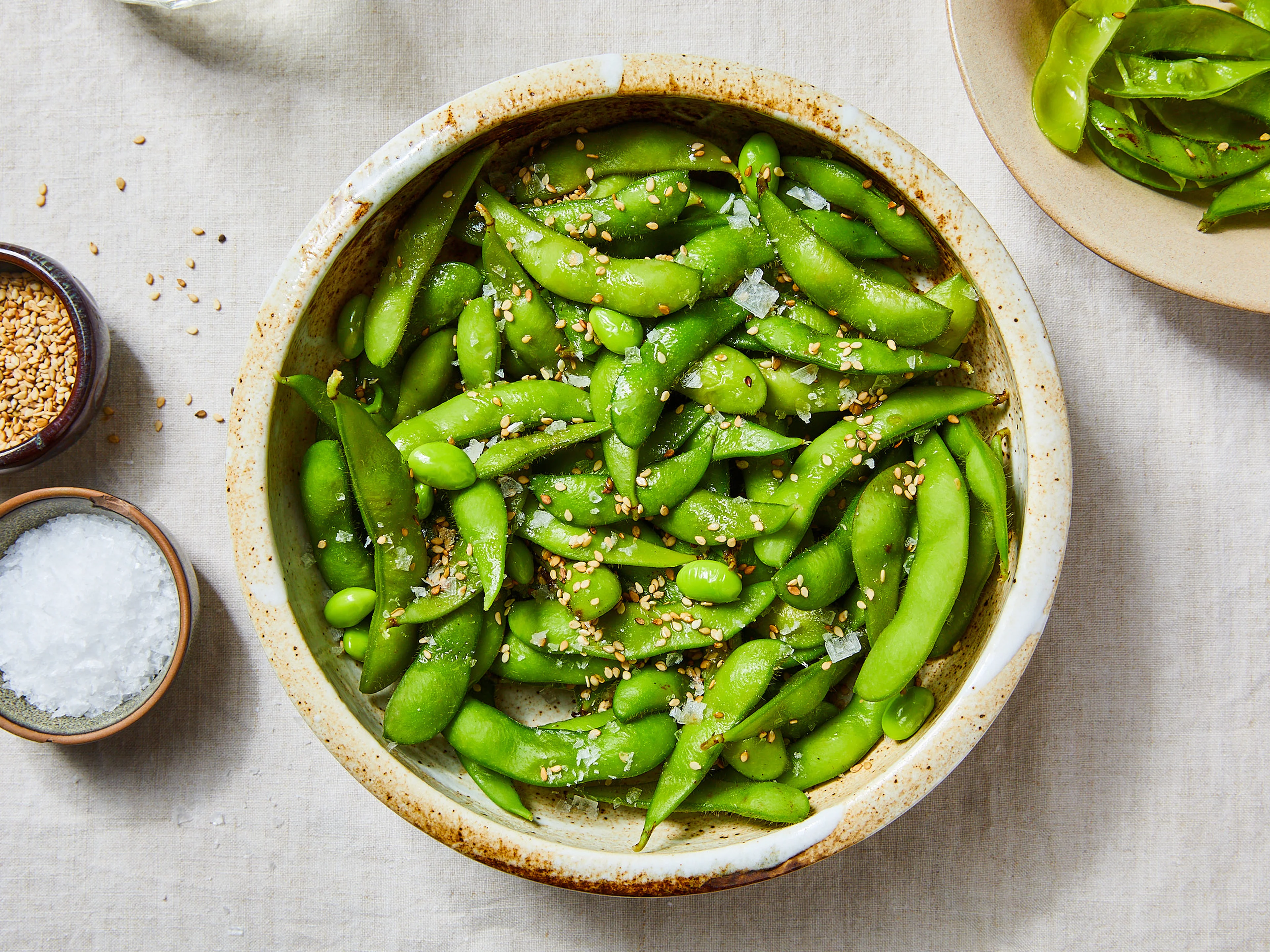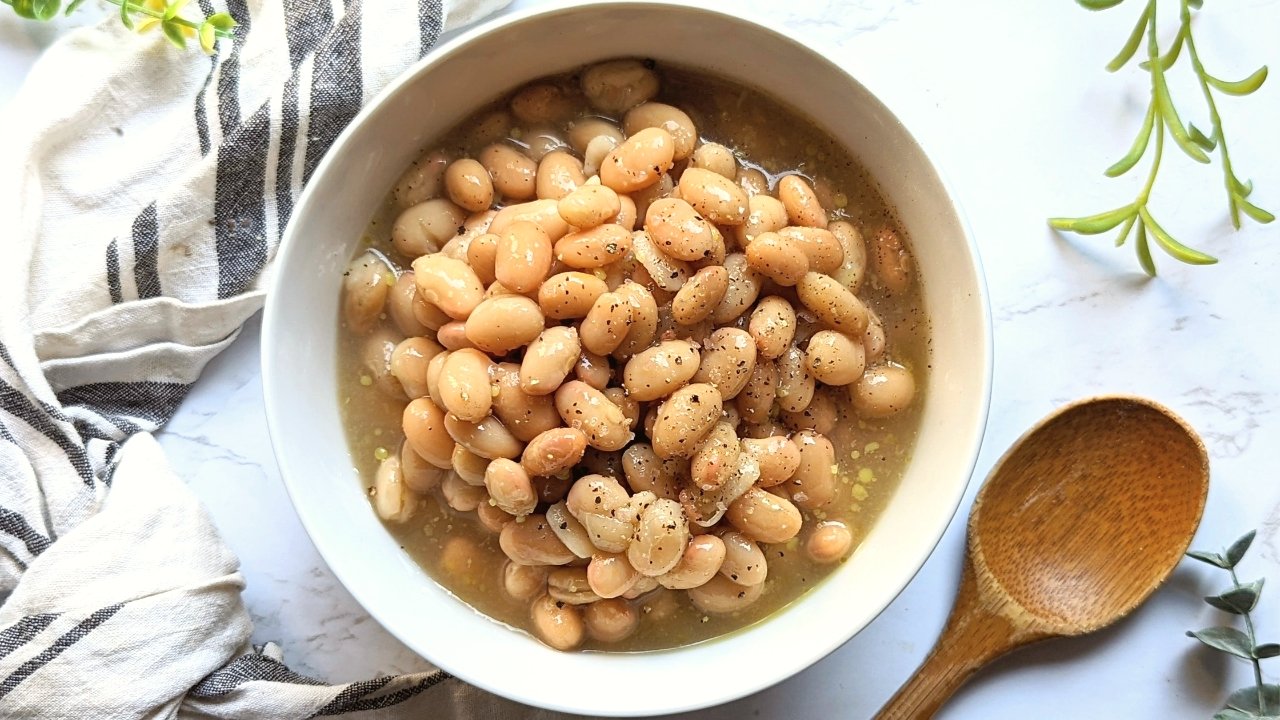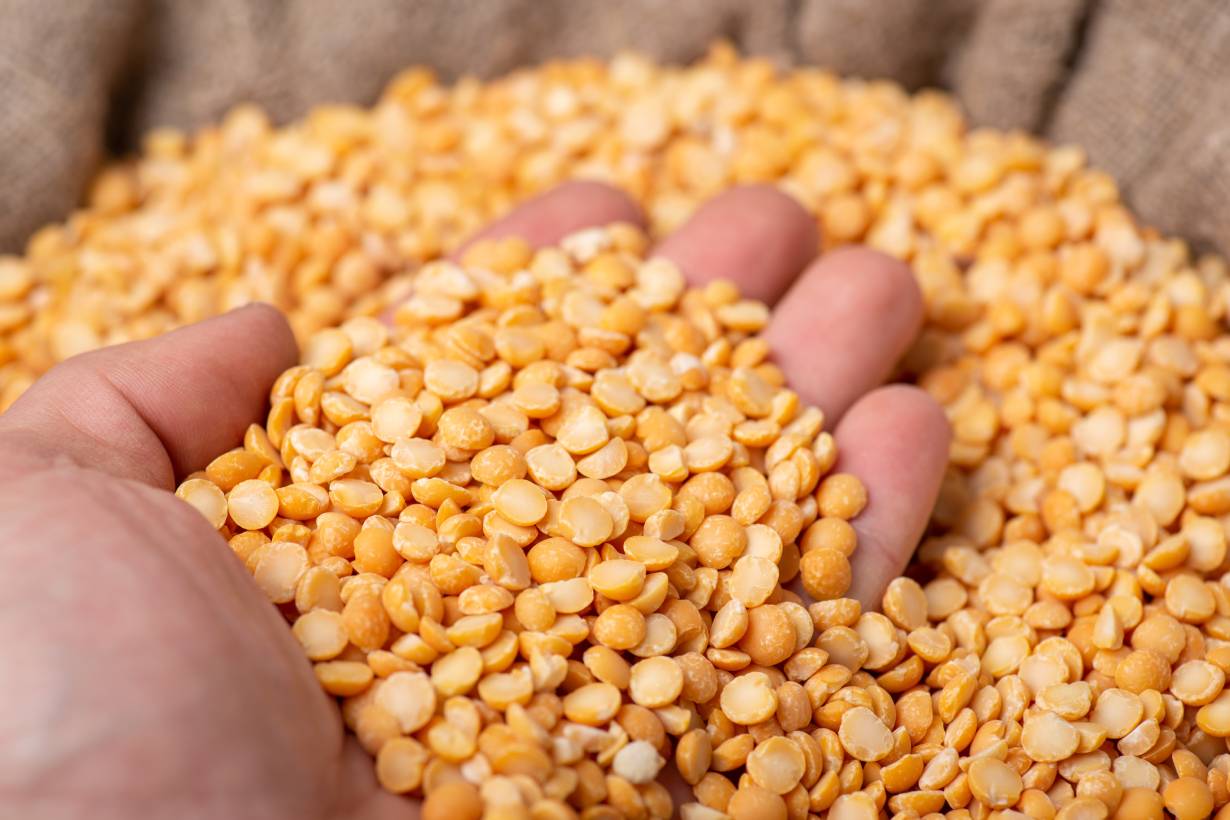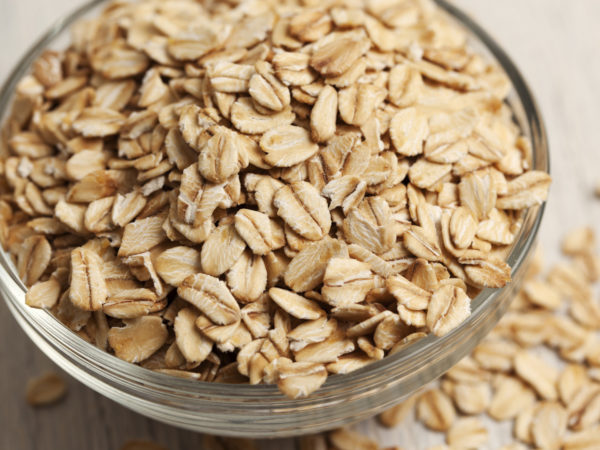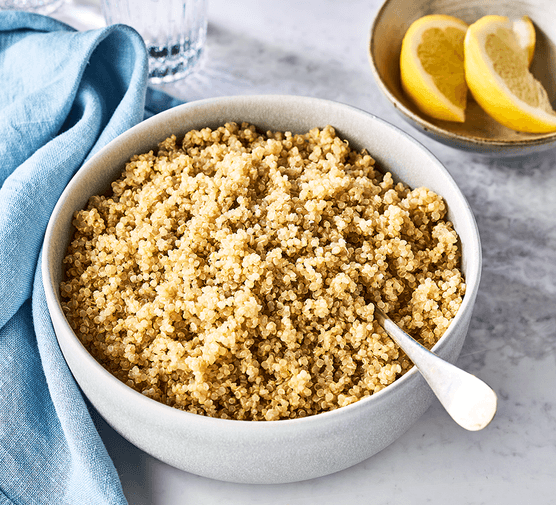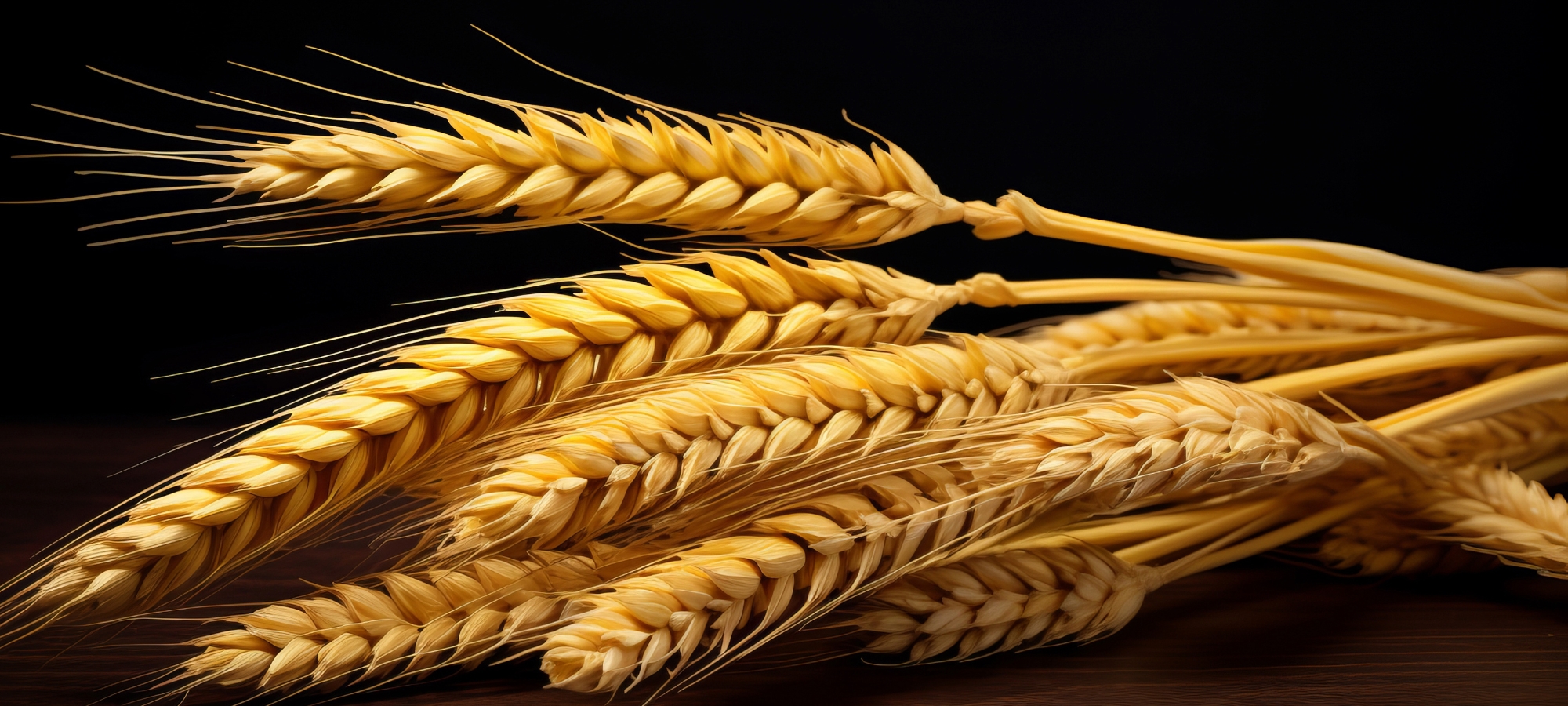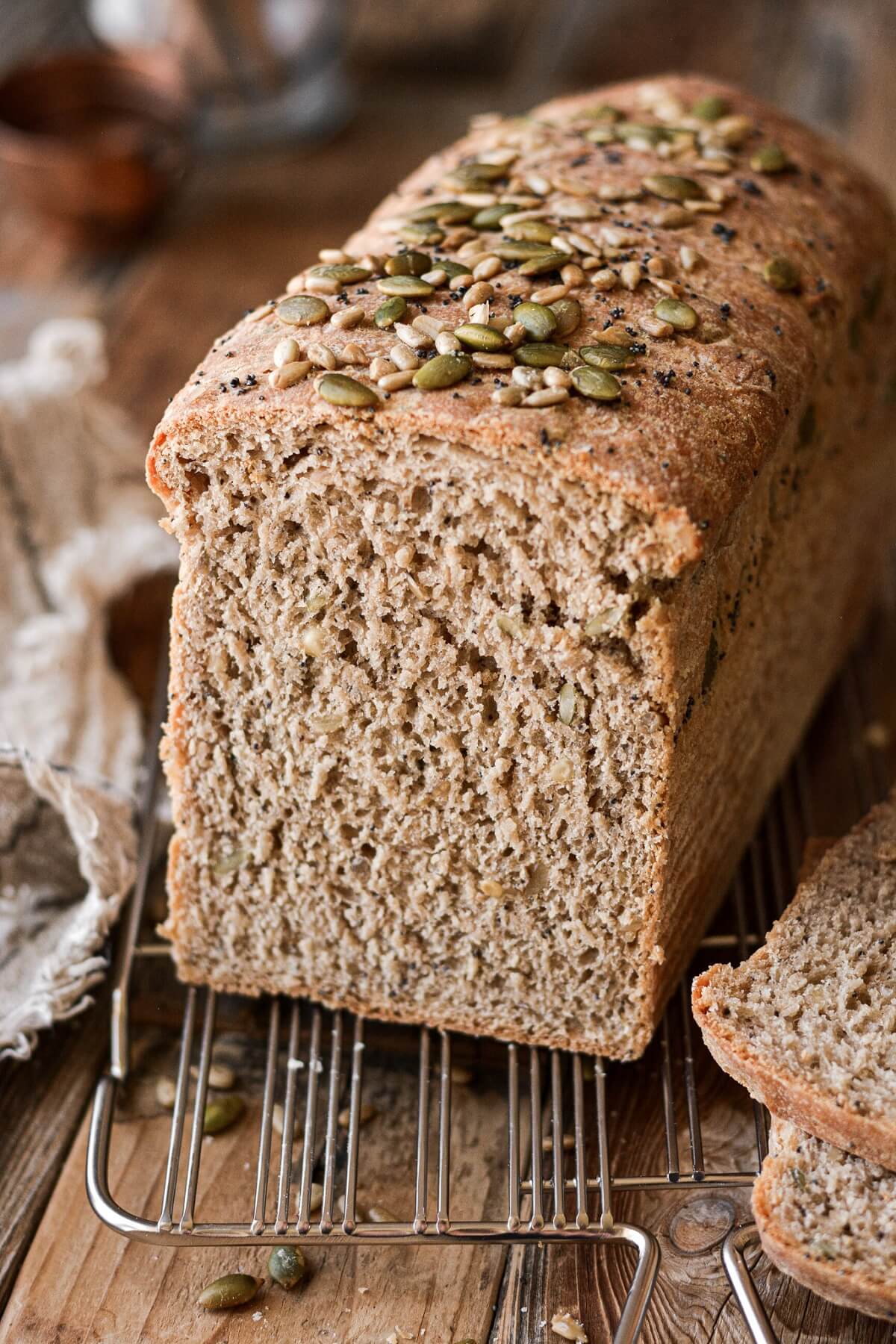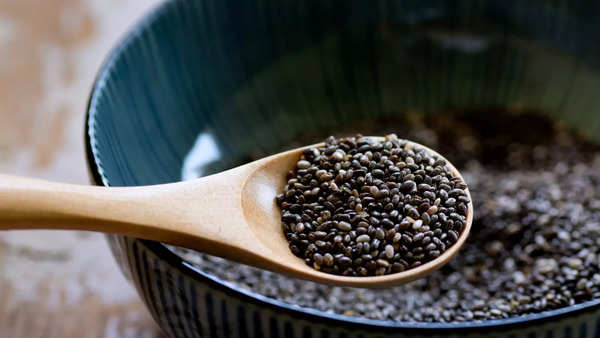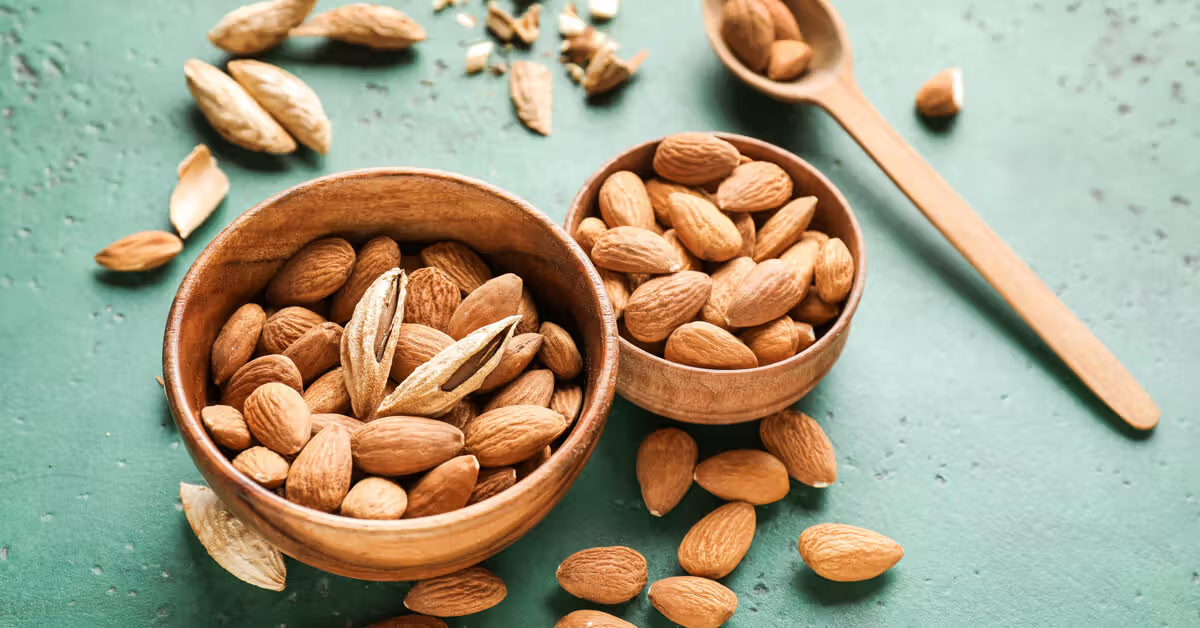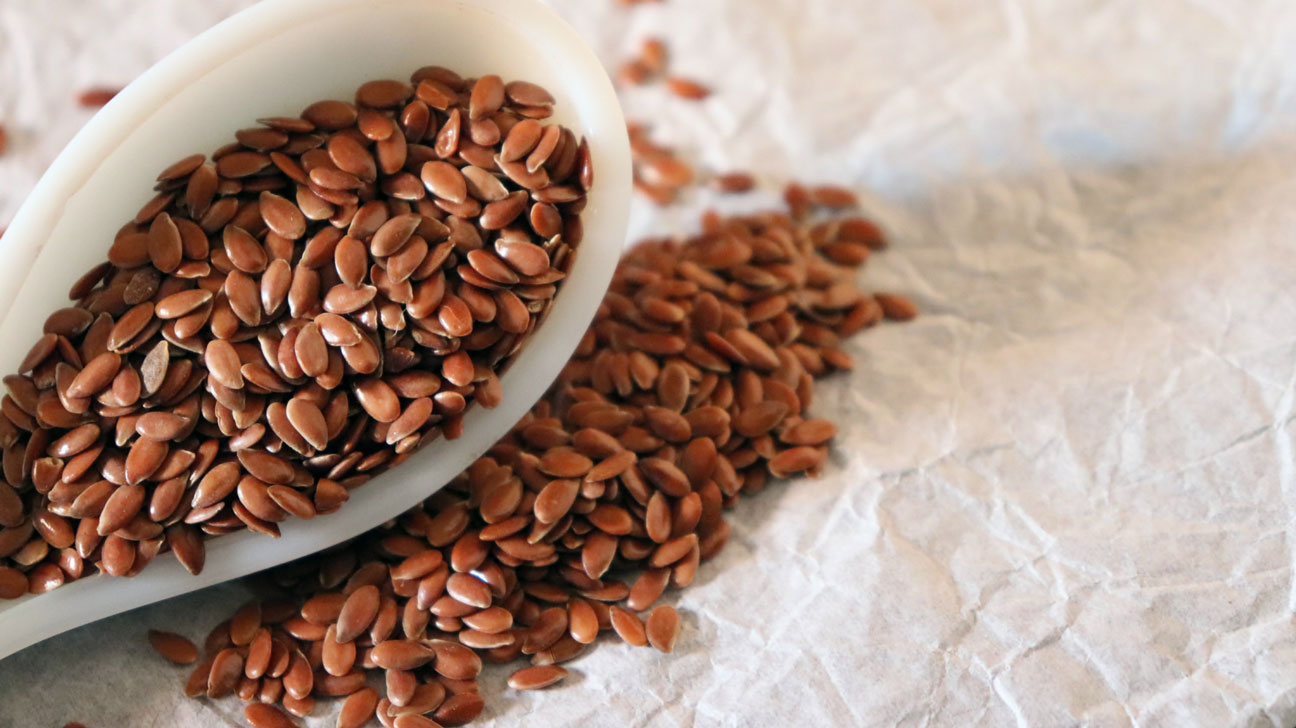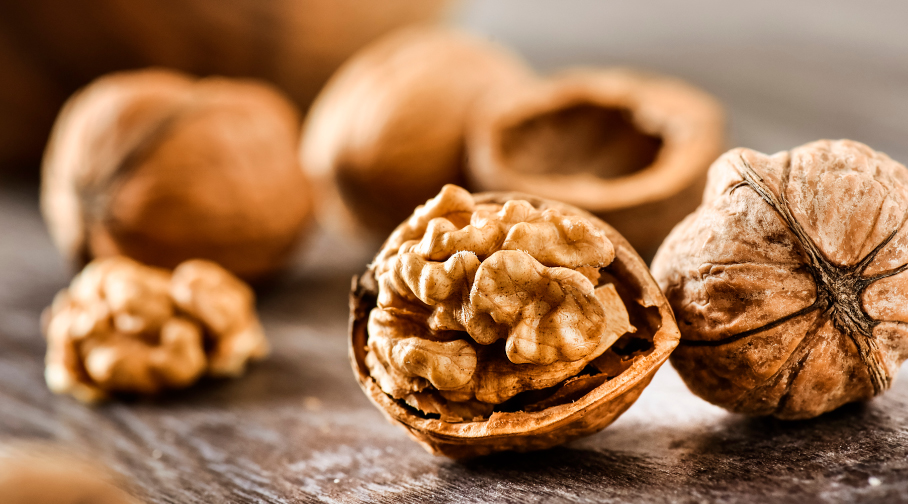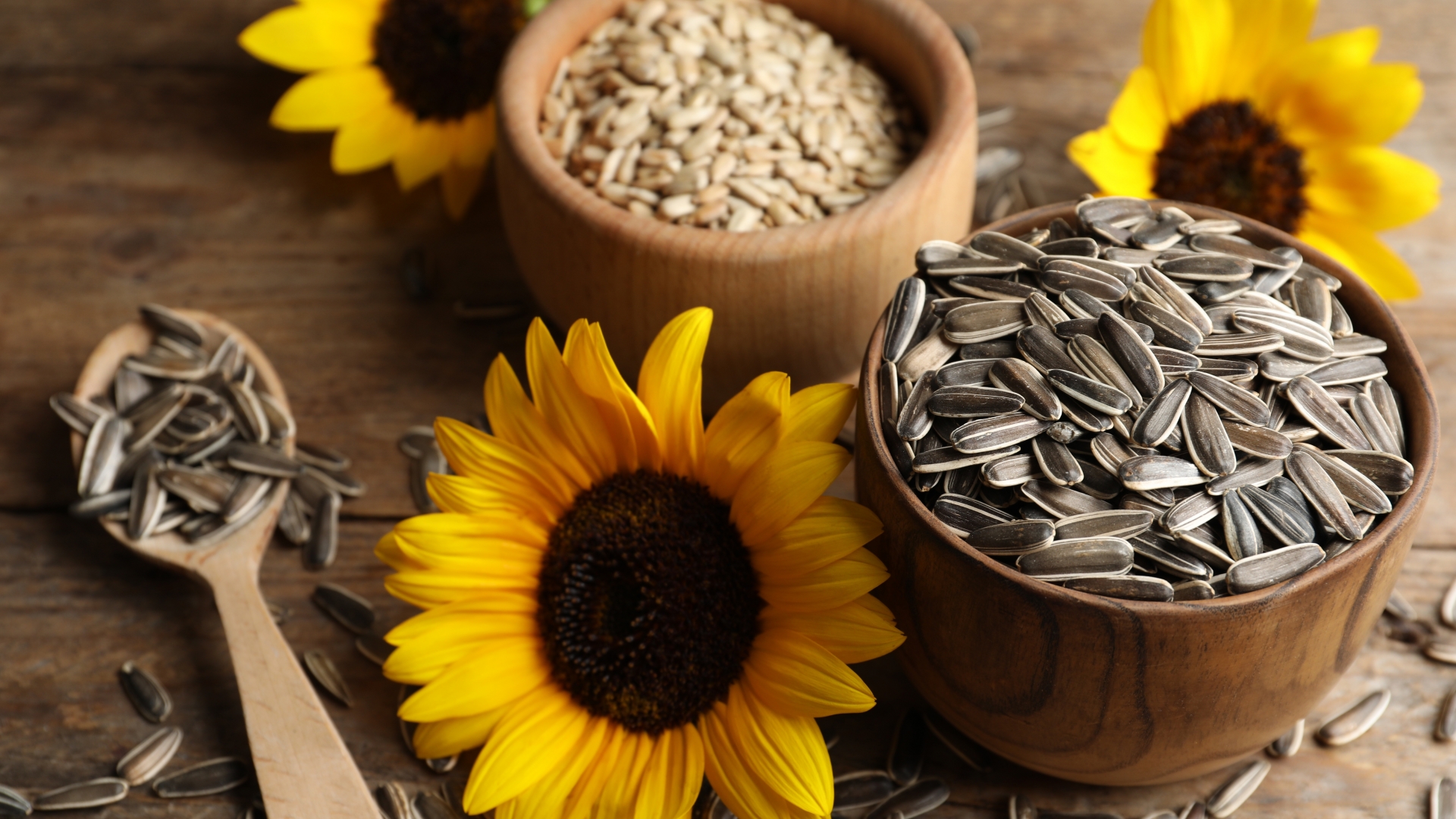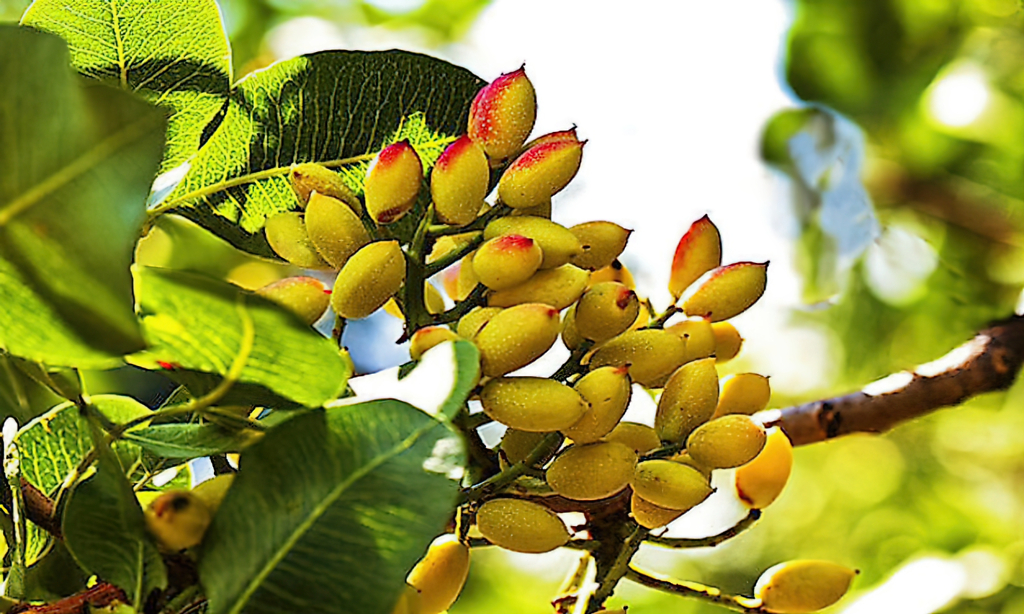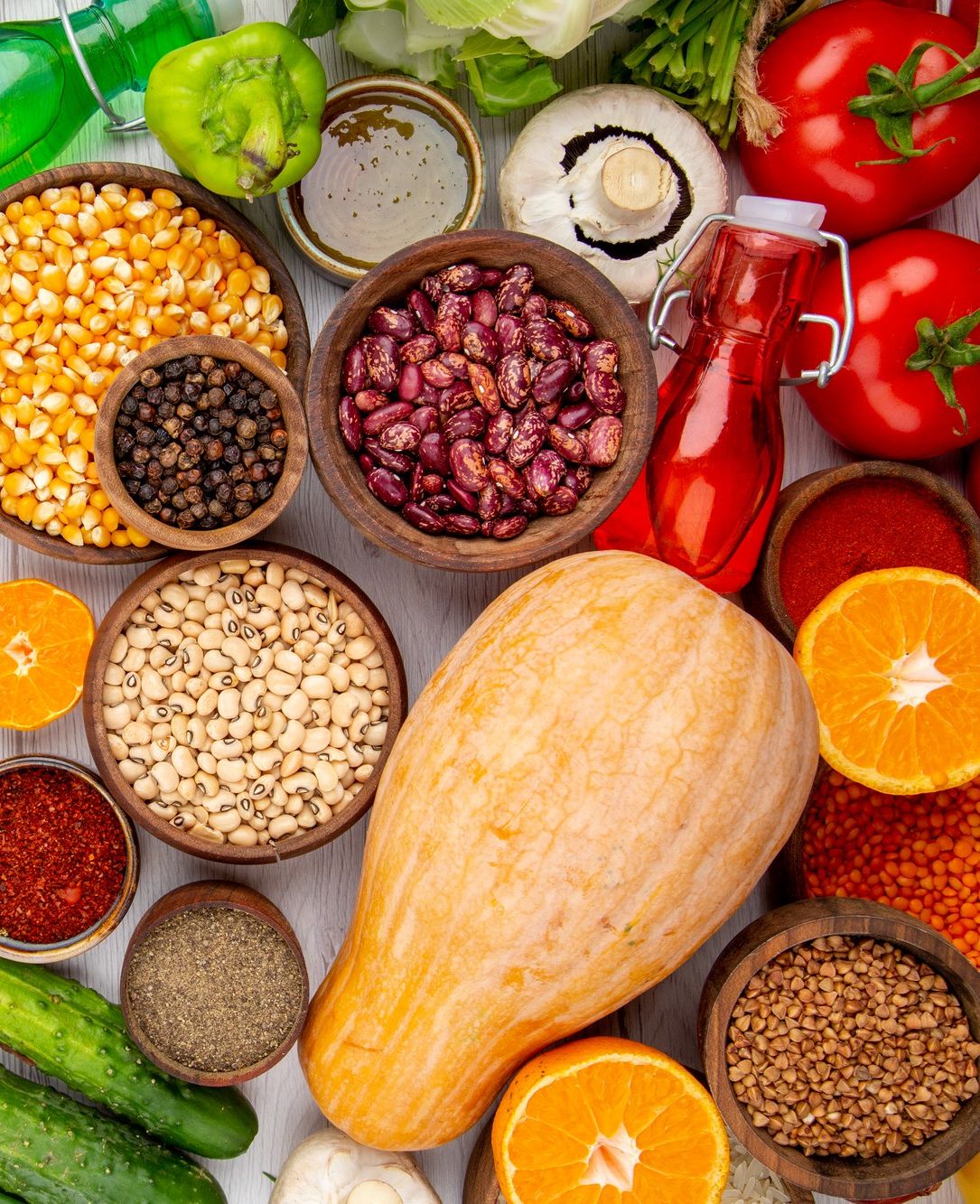
Fiber is a vital yet often overlooked component of a healthy diet. It plays a crucial role in maintaining digestive health, regulating blood sugar levels, and supporting heart health. Despite its importance, many people don’t consume enough fiber daily, leading to issues like constipation, weight gain, and increased risks of chronic diseases.
The good news? Fiber-rich foods are both delicious and versatile, making it easy to include them in your meals and snacks. This guide highlights the best high-fiber foods across various categories fruits, vegetables, legumes, grains, nuts, and seeds along with tips on how to incorporate them into your diet for optimal health.
Why Is Fiber Essential For Health?
Fiber is a type of carbohydrate that the body cannot digest, but that doesn’t mean it’s not valuable. It comes in two forms: soluble fiber and insoluble fiber, each serving a distinct purpose.
- Soluble Fiber: Dissolves in water to form a gel-like substance, which helps lower cholesterol levels, regulate blood sugar, and promote heart health. Foods like oats, beans, and apples are rich in soluble fiber.
- Insoluble Fiber: Adds bulk to stool and supports regular bowel movements, reducing the risk of constipation. Found in whole grains, vegetables, and seeds, it’s essential for a healthy digestive system.
Health Benefits Of Fiber
- Supports Digestion: Fiber promotes healthy gut bacteria, aids bowel regularity, and prevents constipation.
- Improves Heart Health: Soluble fiber helps reduce LDL cholesterol, lowering the risk of cardiovascular disease.
- Controls Blood Sugar: High-fiber foods slow down sugar absorption, preventing spikes in blood sugar levels.
- Aids Weight Management: Fiber helps you feel full longer, reducing overeating and supporting a healthy weight.
Tip:The recommended daily fiber intake is about 25 grams for womenand 38 grams for men, but most people consume far less. Incorporating more high-fiber foods is a simple way to bridge this gap.
Fruits
1. Apples
Apples are a well-loved high-fiber fruit that offers approximately 4 grams of fiber per medium-sized fruit, especially when the skin is left intact. They are rich in both soluble fiber, such as pectin, and insoluble fiber, which supports bowel regularity. Apples are also a convenient snack, perfect for on-the-go, and pair well with nut butter for an added nutrient boost.
2. Pears
Pears are among the most fiber-rich fruits, containing about 6 grams of fiber in a medium-sized fruit. Much of this fiber comes from the skin, so it’s best to eat pears unpeeled. They also provide a refreshing sweetness and are excellent for promoting digestive health, whether enjoyed fresh, poached, or as part of a salad.
3. Raspberries
With 8 grams of fiber per cup, raspberries are one of the best sources of dietary fiber among fruits. Their small size and vibrant flavor make them easy to add to smoothies, yogurt, or oatmeal. They’re also loaded with antioxidants, which protect the body from oxidative stress and inflammation.
4. Blackberries
Blackberries deliver about 7.6 grams of fiber per cup. These juicy berries are not only high in fiber but also rich in vitamin K and manganese, which contribute to bone health and metabolism. Blackberries are versatile and can be enjoyed fresh, added to desserts, or blended into healthy drinks.
5. Bananas
Bananas provide around 3 grams of fiber per medium fruit, and their resistant starch acts as a prebiotic, feeding the beneficial bacteria in your gut. They’re also a great source of potassium, which supports heart health. Bananas are ideal as a standalone snack or blended into smoothies for added sweetness and texture.
6. Oranges
Oranges are packed with both soluble and insoluble fiber, offering about 3 grams per fruit. Known for their high vitamin C content, oranges also aid in hydration and immune support. Their natural sweetness and juiciness make them an excellent addition to salads or breakfast dishes.
7. Avocados
Avocados are an exceptional source of dietary fiber, with 10 grams per cup of sliced fruit. They also provide healthy monounsaturated fats, which support heart health. Avocados’ creamy texture makes them a perfect topping for toast, a base for dips, or a rich addition to salads.
8. Strawberries
Strawberries offer about 3 grams of fiber per cup, making them a hydrating and nutrient-dense fruit. They’re also high in antioxidants and vitamin C, which promote skin health and strengthen the immune system. Strawberries are delicious when eaten fresh, blended into smoothies, or used as a topping for oatmeal.
Vegetables
9. Broccoli
Broccoli is a nutrient-packed vegetable that provides about 5 grams of fiber per cup when cooked. Its high fiber content supports digestive health, while its antioxidants help reduce inflammation. Broccoli can be roasted, steamed, or added to stir-fries for a fiber-rich meal. Even frozen varieties are an excellent choice, and with the right preparation, you’ll discover how frozen broccoli taste good, making it a convenient and nutritious addition to your meals.
10. Carrots
Carrots are an excellent source of both soluble and insoluble fiber, offering about 4 grams of fiber per cup when chopped. They’re also loaded with beta-carotene, which supports eye health. Carrots are versatile and can be enjoyed raw as a snack, roasted, or blended into soups.
11. Spinach
Spinach provides about 4 grams of fiber per cooked cup. It’s also rich in iron, magnesium, and antioxidants, making it a nutrient powerhouse. Spinach is a great addition to salads, smoothies, or sautéed dishes, helping you meet your daily fiber requirements effortlessly. By experimenting with versatile spinach recipes, you can become a cooking pro, creating delicious meals that are both healthy and satisfying.
12. Brussels Sprouts
Brussels sprouts contain about 4 grams of fiber per cooked cup. These cruciferous vegetables are also rich in vitamin K and folate, which support bone health and cell regeneration. Roast them with olive oil and spices for a flavorful side dish.
13. Sweet Potatoes
Sweet potatoes provide about 4 grams of fiber per medium-sized tuber, with most of the fiber found in the skin. They are also rich in beta-carotene and potassium. Whether baked, mashed, or roasted, sweet potatoes are a delicious and fiber-rich addition to meals. If you prepare sweet potatoes in advance, you might wonder how long does cut sweet potato last in fridge, typically, it stays fresh for 3–5 days when stored properly in an airtight container.
14. Kale
Kale is a nutrient-dense leafy green that provides about 3 grams of fiber per cooked cup. It’s also packed with vitamins A, C, and K, as well as powerful antioxidants that support overall health. Kale can be used in salads, blended into smoothies, or baked into crispy chips.
15. Artichokes
Artichokes are among the most fiber-rich vegetables, offering about 10 grams of fiber per cooked medium artichoke. They are excellent for digestive health and also rich in antioxidants. Enjoy artichokes steamed, grilled, or added to pasta dishes for a fiber boost.
16. Green Peas
Green peas provide around 9 grams of fiber per cooked cup. They’re also a good source of plant-based protein, making them ideal for vegetarian meals. Add them to soups, salads, or casseroles for extra texture and nutrition.
17. Cauliflower
Cauliflower contains about 3 grams of fiber per cooked cup and is a versatile low-carb option. It’s rich in antioxidants and vitamins, supporting brain and heart health. Use it as a substitute for rice, in roasted dishes, or blended into soups.
Legumes
18. Lentils
Lentils are a fiber powerhouse, offering 15 grams of fiber per cooked cup. They’re also rich in protein and iron, making them a staple in plant-based diets. Lentils are perfect for soups, stews, or salads and help support heart health and digestion.
19. Chickpeas
Chickpeas, or garbanzo beans, provide 12 grams of fiber per cooked cup. They are also an excellent source of plant-based protein and make a versatile ingredient for hummus, roasted snacks, or curries.
20. Black Beans
Black beans contain about 15 grams of fiber per cooked cup. They’re packed with antioxidants and essential nutrients like folate and magnesium. Use them in burritos, soups, or grain bowls for a hearty and fiber-rich meal.
21. Kidney Beans
Kidney beans offer 13 grams of fiber per cooked cup and are rich in protein and iron. They’re a staple in chili recipes and can also be added to salads or rice dishes for an extra fiber boost.
22. Edamame
Edamame provides about 5 grams of fiber per cooked cup and is rich in protein and healthy fats. These young soybeans make a convenient snack or can be added to salads and stir-fries.
23. Navy Beans
Navy beans offer a whopping 19 grams of fiber per cooked cup, making them one of the highest-fiber legumes. They’re also an excellent source of protein, folate, and iron. Use them in baked bean dishes, soups, or stews.
24. Split Peas
Split peas provide around 16 grams of fiber per cooked cup. They are commonly used in soups and stews and are an excellent source of plant-based protein. Their high fiber content promotes satiety and supports gut health.
Grains
25. Oats
Oats are a fantastic source of soluble fiber, providing about 4 grams of fiber per half-cup serving. They help lower cholesterol and support heart health. Enjoy oats as oatmeal, in smoothies, or as an ingredient in homemade granola.
26. Quinoa
Quinoa contains about 5 grams of fiber per cooked cup and is a complete protein, containing all nine essential amino acids. Its versatility makes it a great base for salads, grain bowls, or as a side dish.
27. Barley
Barley provides 6 grams of fiber per cooked cup and is rich in beta-glucan, a type of soluble fiber that reduces cholesterol. It’s ideal for soups, stews, or salads, offering a hearty texture and a fiber boost.
28. Whole Wheat Bread
Whole wheat bread offers about 2 grams of fiber per slice, making it a better choice than refined white bread. Opt for 100% whole wheat varieties to maximize fiber intake and pair it with nut butter or avocado for a nutrient-packed snack.
29. Brown Rice
Brown rice contains about 4 grams of fiber per cooked cup and retains more nutrients than white rice. Use it as a base for stir-fries, grain bowls, or as a side dish to boost your meal’s fiber content.
Nuts And Seeds
30. Chia Seeds
Chia seeds are among the highest fiber foods, with 10 grams of fiber per ounce. When soaked, they form a gel-like texture that supports digestion and hydration. Add them to smoothies, yogurt, or puddings.
31. Almonds
Almonds offer about 3.5 grams of fiber per ounce and are rich in healthy fats, protein, and vitamin E. Enjoy them as a snack, in trail mixes, or as almond butter.
32. Flaxseeds
Flaxseeds provide 8 grams of fiber per 2 tablespoons and are an excellent source of omega-3 fatty acids. Ground flaxseeds can be added to oatmeal, smoothies, or baked goods.
33. Walnuts
Walnuts contain about 2 grams of fiber per ounce and are rich in antioxidants and healthy fats. Add them to salads, baked goods, or trail mixes for a nutritious crunch.
34. Sunflower Seeds
Sunflower seeds offer about 3 grams of fiber per ounce and are also high in vitamin E and healthy fats. Sprinkle them on salads, yogurt, or eat them as a snack.
35. Pistachios
Pistachios contain about 3 grams of fiber per ounce, along with healthy fats and protein. They’re a convenient and satisfying snack that also supports heart health. Sprinkle them over salads or enjoy them on their own as a nutrient-dense treat.
How To Incorporate More Fiber Into Your Diet
- Switch to Whole Grains: Replace refined grains with whole-grain options like brown rice, quinoa, and whole-wheat bread.
- Add Fruits and Vegetables to Every Meal: Aim to include at least one high-fiber fruit or vegetable in each meal.
- Experiment with Legumes: Use beans, lentils, and chickpeas as the main protein source in soups, salads, or curries.
- Snack Smart: Choose high-fiber snacks like fresh fruit, nuts, or whole-grain crackers.
- Start Slow and Hydrate: Gradually increase your fiber intake to avoid digestive discomfort, and drink plenty of water to help fiber move through your digestive system.
FAQs
What Are The Benefits Of Eating High-fiber Foods?
High-fiber foods improve digestion, lower cholesterol levels, regulate blood sugar, and promote weight management by keeping you full longer.
How Much Fiber Should I Eat Daily?
Women should aim for 25 grams of fiber per day, while men should consume 38 grams. Gradually increasing fiber intake helps avoid digestive issues.
Can Too Much Fiber Be Harmful?
Yes, consuming excessive fiber without enough water can lead to bloating, gas, and constipation. Balance fiber intake with adequate hydration.
Are There High-fiber Foods For Specific Diets (e.g., Keto, Vegan)?
Yes, options like chia seeds, flaxseeds, broccoli, and avocado are high in fiber and fit into various diets, including keto and vegan.
What Are Some Quick High-fiber Snack Ideas?
High-fiber snacks include apple slices with almond butter, roasted chickpeas, and whole-grain crackers with hummus.
Final Words
Incorporating high-fiber foods into your diet is one of the simplest and most effective ways to improve your overall health. From digestion to heart health, the benefits of fiber are extensive and scientifically proven. Start small by adding a few fiber-rich foods to your meals and snacks and build up gradually to meet your daily requirements. Your body will thank you!

